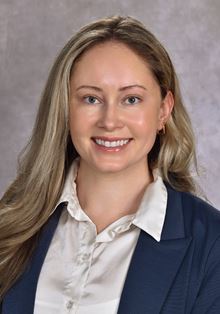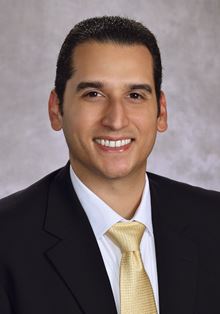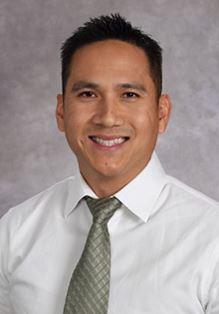1901-1910 of 3178 Results Found

Service
Early detection of hearing differences can have a big impact on your child’s development. At Phoenix Children’s, our expert pediatric audiology team cares for children of all ages with various hearing and balance conditions. We provide families with an accurate and early
Meet Your Team
Please direct any questions to one of the departments below, based on your child's age: For children younger than 4 years old, please contact the Developmental Pediatrics program at 602-933-2327. For children 4 years up to 7 years old, please contact the Psychology program at 602

CME Session
Diagnosis and Management of Osteogenesis Imperfecta
Presenting live from Cohen Conference Center or via Live Stream Presenters: Rachel C. Lombardo, MD (left) Pediatrician, Genetics and Metabolism, Phoenix Children's Pamela Smith, MD (center) Medical Director, Metabolic Bone & Osteogenesis Imperfecta (OI) Clinic, Phoenix Children's
Programs & Services
Phoenix Children’s delivers an extensive range of rehabilitation programs and services designed to elevate your child's independence to the highest possible level. Our approach is multidisciplinary, blending a variety of therapies to meet your child’s specific needs, including
Conditions We Treat
Phoenix Children's provides comprehensive rehabilitation services aimed at enhancing your child's strength, functionality and engagement in daily activities. We treat a broad age range, from infants to adolescents up to 18 years old, and some young adults above 18 with prior

Conditions We Treat
A number of conditions can lead to pulmonary hypertension. Some babies are born with narrowed pulmonary arteries. In other children and adults, pulmonary hypertension can develop over time as a result of other health conditions, such as: Congenital (present at birth) heart
CME Session
VWGR - Etiology and Prevention of Diagnostic Errors - Jasna Seserinac, MD, FAAP, FHM
Session Objectives: Apply diagnostic check list during the diagnostic decision-making process Judiciously activate analytical thinking model to override intuitive mode Develop a habit of regular and frequent surveillance of diagnostic biases, self-reflection
